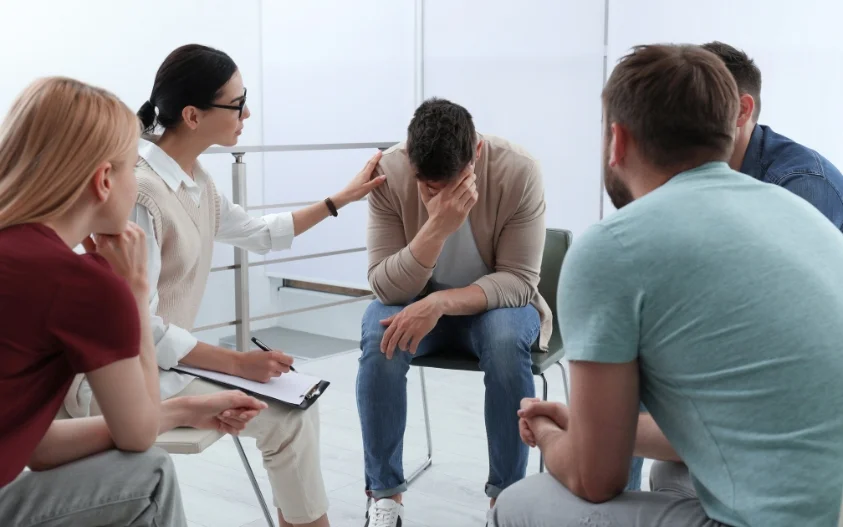24/7 Helpline:
(866) 899-221924/7 Helpline:
(866) 899-2219
Learn more about Prescription drug Rehab centers in Madison County

Other Insurance Options

Horizon Healthcare Service

CareFirst

Private insurance

Ceridian

Optum

WellPoint

Amerigroup

BlueShield

Absolute Total Care

UnitedHealth Group

CareSource

AllWell

Humana

EmblemHealth

Optima

BHS | Behavioral Health Systems

Sutter

PHCS Network

Group Health Incorporated

ComPsych

Tueller Counseling Services
Tueller Counseling Services is a private rehab located in Rexburg, Idaho. Tueller Counseling Service...

South Fork Services
South Fork Services is a private rehab located in Rexburg, Idaho. South Fork Services specializes in...

Ostermiller Counseling
Ostermiller Counseling is a private rehab located in Rexburg, Idaho. Ostermiller Counseling speciali...

Rexburg Counseling
Rexburg Counseling is a private rehab located in Rexburg, Idaho. Rexburg Counseling specializes in t...

Centerpoint Counseling
Centerpoint Counseling offers therapy for a wide variety of behavioral health issues. Centerpoint Co...



















